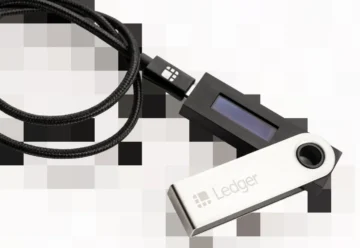DOJ Oversight Could Lead to Binance’s Shutdown in U.S.

Cryptocurrency exchange Binance will cooperate closely with authorities as part of its compliance with the U.S. Department of Justice (DOJ), providing access to all of the company’s records, information, and data upon request.
On December 8, a list of new obligations of the cryptocurrency exchange Binance under the agreement with the U.S. DOJ was made public. According to the document, the company is to provide authorities with access to documents, records, and resources upon request.
The review of Binance’s new commitments to the U.S. authorities took up 13 pages. The document states that not only all operations conducted on the crypto exchange’s platform but also the company’s internal information fall under the full control of the state authorities. Thus, Binance is obliged to provide any information related to its current or former employees, agents, intermediaries, consultants, representatives, distributors, contractors, suppliers, joint venture partners, etc. upon request.
John Reed Stark, Former Chief of the SEC’s Office of Internet Enforcement, says Binance’s list of new compliance commitments is more like a consulting firm’s wish list. According to Stark, such total government control will most likely lead to the complete closure of the crypto exchange in the United States.
Several criminal divisions of the DOJ will also oversee the exchange’s operations, among them are:
- Money Laundering and Asset Recovery Division;
- National Security Division;
- Counterintelligence and Export Control Division;
- Office for the Western District of Washington’s United States Attorney.
Binance’s deal with the U.S. government also includes five years of oversight by the Financial Crimes Enforcement Network (FinCEN).
The agreement puts the cryptocurrency exchange under total government control, which, as has been proven time and time again, forces any company to surrender. Stark believes that Binance has exposed the company, its customers, and partners to a “24/7, 365-days-a-year financial colonoscopy.”
Binance representatives struck a deal with the U.S. Department of Justice, agreeing to pay a $4.3 billion fine. Changpeng Zhao, as part of this agreement, pleaded guilty to violating the Bank Secrecy Act and resigned as the exchange’s CEO.











